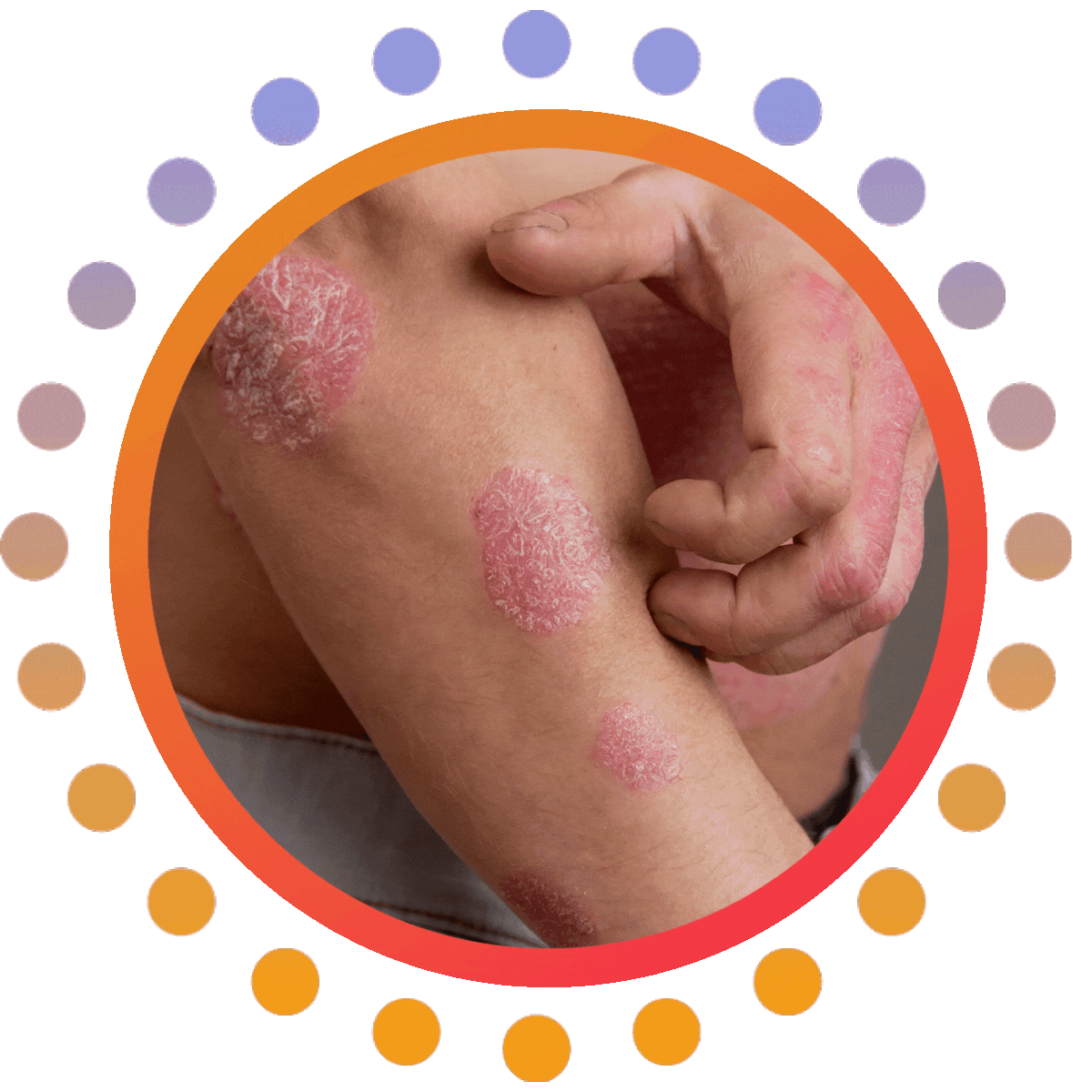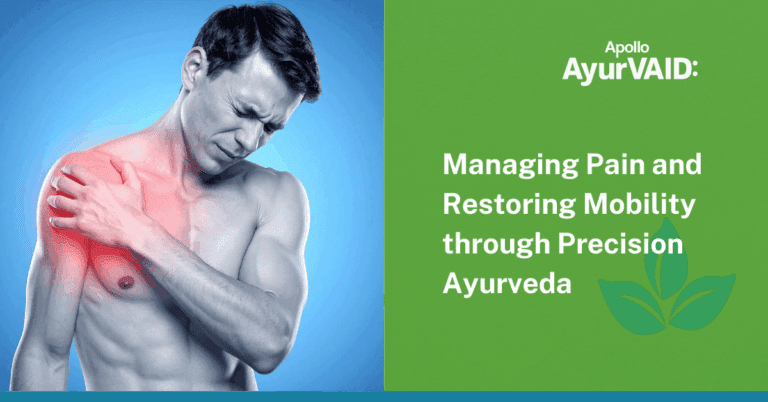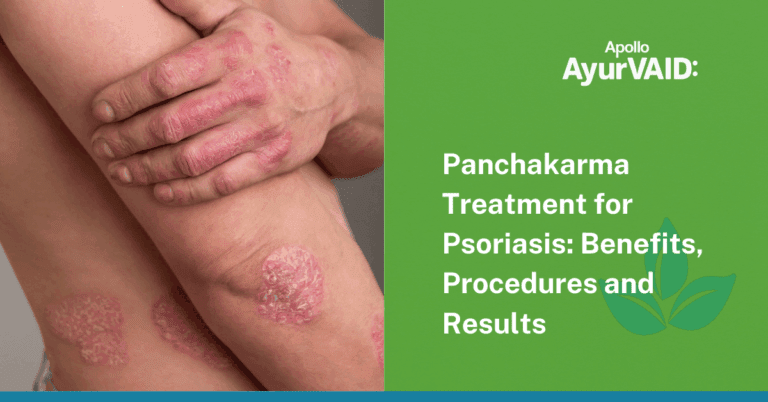
Web Stories
Step Into the Story: Explore Now
Introduction
Psoriasis is an autoimmune condition that results in inflammation of skin. It is characterized by areas of thick, discolored skin that are itchy and flaky. It is most commonly seen on the knees, elbows, trunk and scalp. The exact causes of psoriasis remains unknown, but genetics and the immune system play a significant role. There is no permanent cure for psoriasis but you can effectively manage it with medicines and lifestyle changes. In this blog we will discuss signs and symptoms of psoriasis along with measures to manage it.

Types of Psoriasis
There are many types of psoriasis and they have varying signs and symptoms. Some commonly seen types of psoriasis are:
- Plaque psoriasis- It is the most common type of psoriasis, which causes raised, dry and itchy plaques on skin. The patches vary in colour.
- Nail psoriasis- Psoriasis on the nail can cause abnormal nail growth, pitting, thickening and discoloration, often leading to nail loss.
- Guttate psoriasis- It results from strep infection and shows up as red teardrop spots and silvery scales on arm and legs.
Signs and symptoms of psoriasis
- Thick, patchy rashes that vary in size. They are thick, reddish with silvery- white scales that itch, burn and bleed.
- Pitted, crumbled or cracked nails.
- Small, red spots or lesions.

Ayurveda treatment for psoriasis
In Ayurveda, Psoriasis is classified as kustha, a skin disease with predominance of Vata and Kapha dosha. The causes include regular consumption of incompatible food items, emotional imbalances and suppression of natural urges. Regular shodhana or internal cleansing and shamana or management of symptoms with medicines is the line of treatment in Ayurveda. After assessment of the patient, appropriate panchakarma therapies, lifestyle changes and medicines are prescribed that aim to restore the natural skin texture, reduce the symptoms and minimize the flare-ups.
Conclusion
Psoriasis is a serious skin issue that affects millions around the globe. Although not completely curable, Ayurveda can help reduce the incidence of the disease, and improve skin health for a better quality of life. Embracing Ayurveda can help you in your comprehensive healing journey towards better skin health.
Frequently Asked Questions






